Meet Daniel: A cross-country adviser kicking goals for young families
Daniel is what some might call a vagabond. Born to a roving police officer in Darwin, he recalls growing up in four different towns across the Top End before eventually moving to a boarding school in the port city of Bunbury, in Western Australia.
At just 13, he caught the investing bug. With a humble starting balance of just $2,000, and perhaps unusually for his age - a financial adviser - he began to see the impact of compounding firsthand.
That seed money eventually became a deposit for his first home in Wollongong, New South Wales. But Daniel isn't one to put down roots.
With family in both regional New South Wales and Western Australia, Daniel is keen to work and raise his daughter across the country, helping young families - like his own - achieve their financial freedom from his truly mobile office.
He's passionate about making advice cheaper and more accessible. After all, ASIC reports the net number of financial advisers that have left the industry over the past two months was more than 750. It also doesn't help that the average median cost of advice has increased 8% to over $3,000 over the past year, according to Adviser Ratings. So where do the fault lines lie?
In this Meet the Adviser profile, we'll examine that issue in depth. Plus, we'll also take a look at the story behind Daniel's passion for advice, as well as why he doesn't pick stocks.
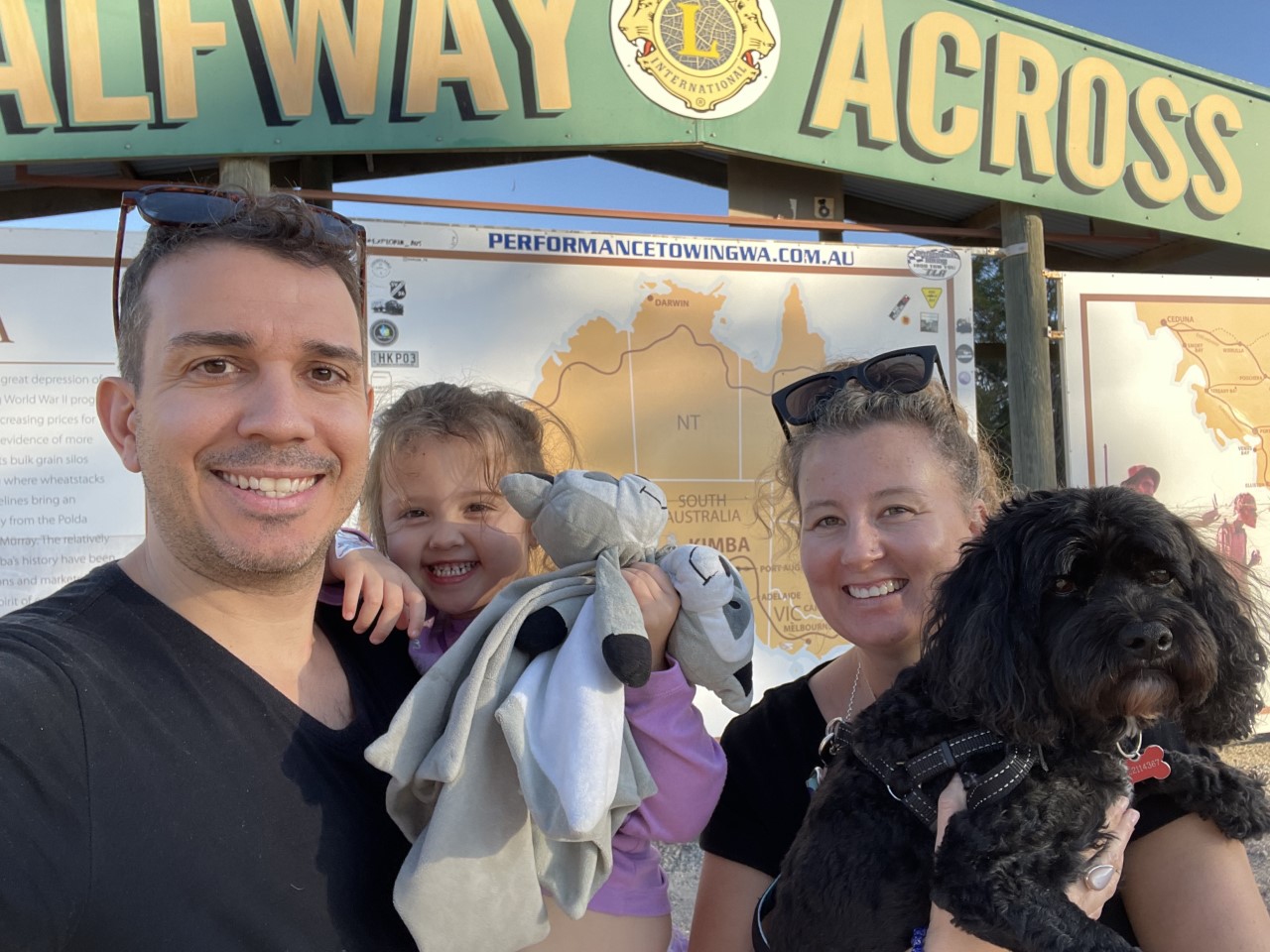
Financial adviser profile
- Name: Daniel Thompson
- Age: 36
- Current firm: Finnacle
-
Licensee: Lifespan Financial Planning Pty Ltd AFSL 229892
- Years working as an adviser: 12
- Investment goals: My investment goals are aligned with my lifestyle goals. We have immediate family on both sides of the country and have a property near each. We want to be debt-free to have the ability to live between the two. On top of this, we are building towards a passive income of $360,000 per annum. This will give us options to travel, help family and invest in and help young businesses grow, whilst living well ourselves.
- Products used: Netwealth Super and Smallco Broadcap managed fund
- Biggest portfolio holding: I use ETFs and Managed Funds for my portfolio. The biggest overall holdings based on this are the Smallco Broadcap Fund and cash currently (waiting to be re-deployed). Within the Smallco fund, the biggest holdings are Altium, BHP, NAB, Seek and Webjet.
Why did you choose this profession and how did you get started as a financial adviser?
I’ve always been interested in creating wealth to both achieve financial freedom and to help alleviate financial pressures for families. I invested my life savings of $2,000 when I was 13 and saw firsthand the magic of compounding. Without any extra contributions, that helped form a large portion of the deposit for our first family home 20 years later. That planted the seed of wanting to be an adviser myself.
Once I graduated from University in Perth, my best mate and I packed up his car and drove across the Nullarbor to Melbourne, where I started in the profession.
It was a baptism of fire and long hours, whilst getting the experience and further qualifications to become an adviser. That was 12 years ago now and since then I’ve been lucky to work as an adviser at a large private business, a Big Four bank, and now our own business.
What do you believe makes you different from other advisers in the industry?
I think the difference is the business that we have created, rather than anything personally. We designed and built Finnacle to make financial advice simple, affordable, and accessible to young families and the next generations of Australians.
We want to help simplify their money and get them on the path to financial freedom, so we work on a subscription model rather than the traditional upfront or retainer fee arrangement. We have designed a process where we work with people to design their ideal life and from there, implement financial strategies and investments to achieve that.
It's a unique approach to the delivery of financial advice, the pricing of it, and the journey that people take.
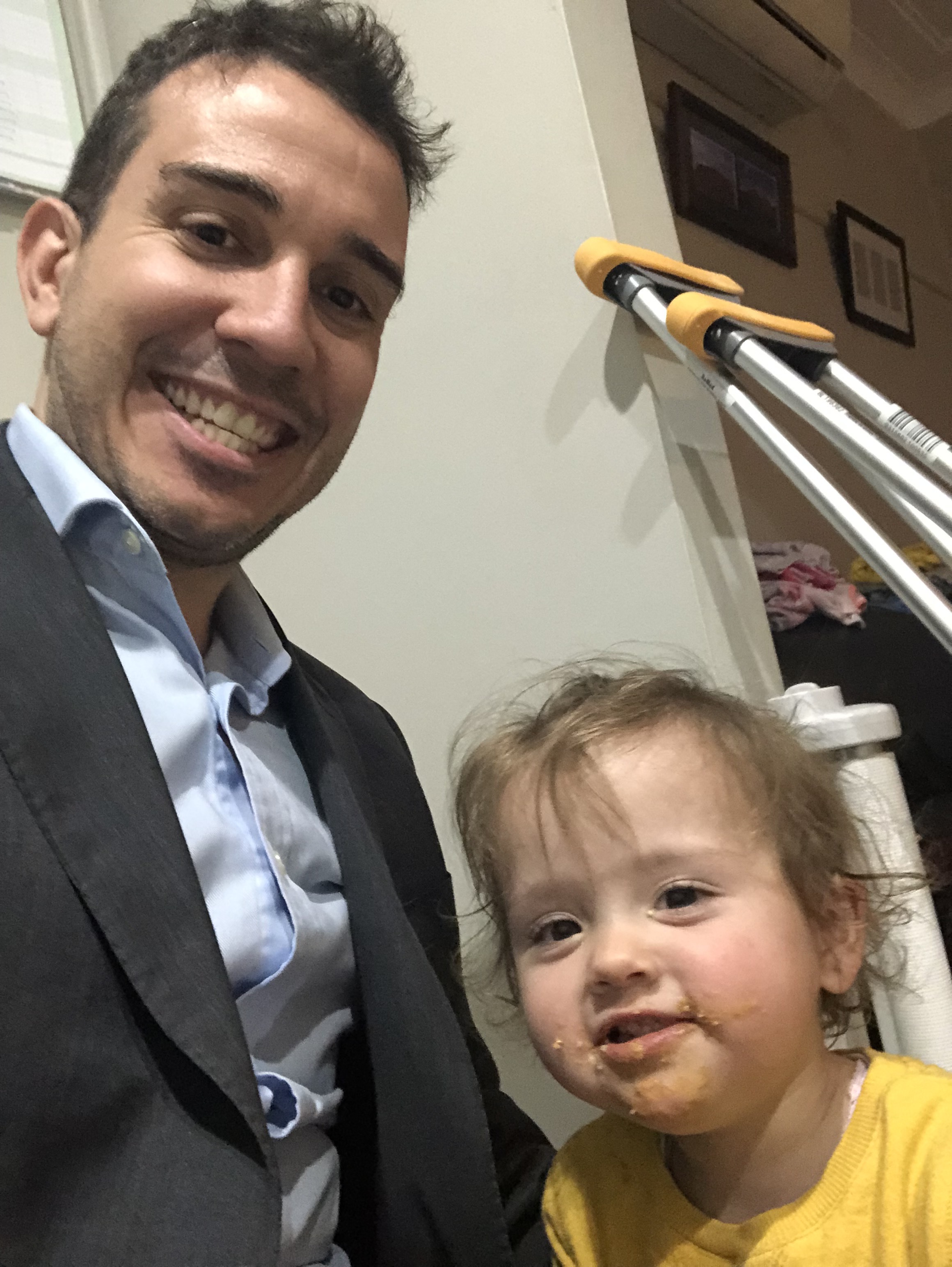
Can you share a bit about your process for building portfolios and selecting investment products?
We use ETFs and Managed Funds to build our portfolios. We have model portfolios with allocations to certain ETFs and funds for everyone, such as the BetaShares Geared Australian Equity (ASX: GEAR) and BetaShares Geared US Equity Fund - Currency Hedged (ASX: GGUS) ETFs. From there, we then add individual preferences if required – for example, socially responsible options. We largely base what we do on a strategic asset allocation level, with a tactical asset allocation overlay based on cycles and markets.


Once we have designed/adjusted portfolios, we use a research house to backtest the performance to make sure historically it would outperform the general benchmarks for that portfolio. This doesn’t guarantee that it will perform the same way in the future but it gives us a good idea of future performance and correlations.
We don’t pick individual companies – we are able to add more value at the strategic and portfolio design level, and help build the core portfolio. Some people like to have a portion of their portfolios in direct shares, which they research and pick, knowing that the core portfolio is tracking well.
Can you share two of your “go-to” funds with us?
GEAR and GGUS (Betashares) – internally geared ETFs that track the ASX 200 and S&P 500. These got higher returns over time due to the gearing, whilst not being too expensive. However, these products have high volatility and are not for everyone.

QUAL (VanEck) – This tracks the International MSCI Quality Index and is a way to get quality, profitable companies into an ETF.
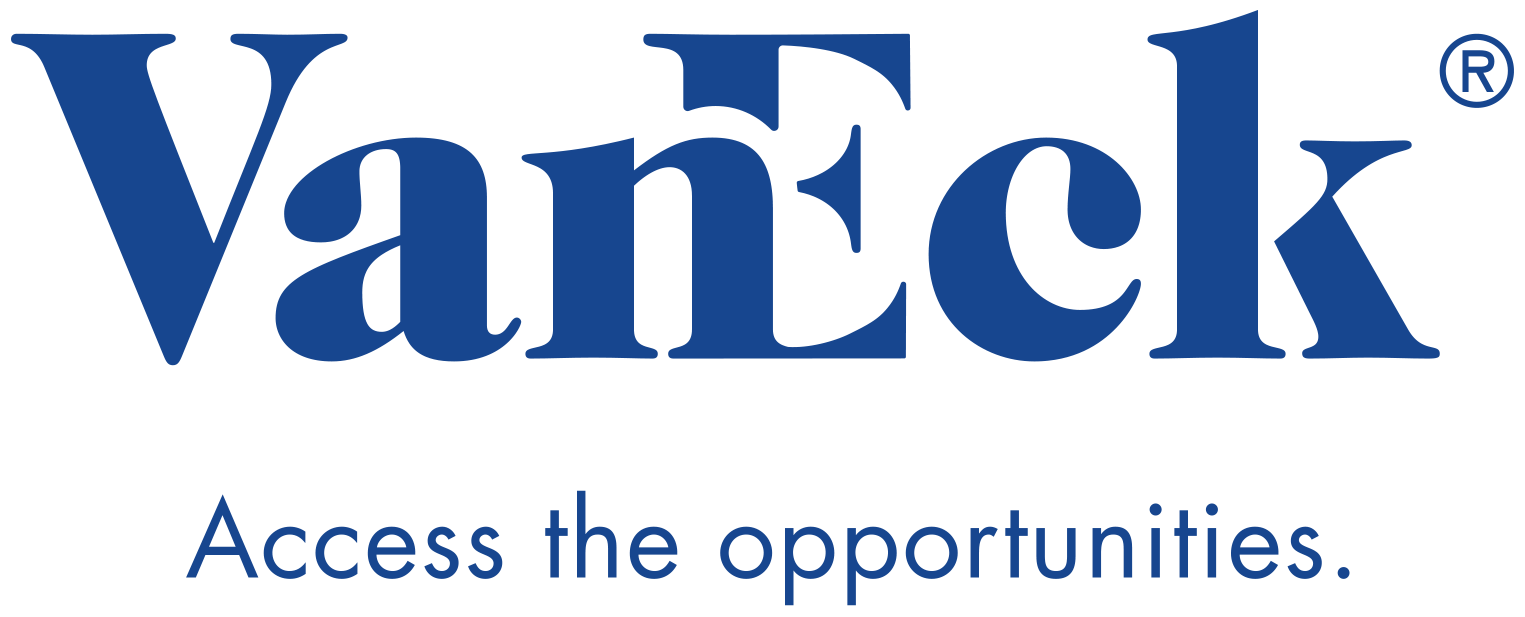
Hyperion Small Growth Companies Fund – Great actively managed small cap fund that regularly outperforms the Small Ords and even the ASX 200 over time.

How do you discover new managers and investment opportunities in a market saturated with products and issuers? What makes a manager stand out?
For new fund managers, we have a rule of having a track record of at least five years, and ideally 10 to go through full market cycles. We are proactive rather than reactive in selecting managers - so when we review our portfolios, if someone needs replacing or a new theme is emerging, we search specifically for that solution, rather than trying to keep on top of all the managers available in the universe.
For us, the managers and investments that stand out are the more specific or thematic ones. I like what Betashares and VanEck are bringing to the market with their ETFs and we are keeping an eye on these to see their track record over that 5+ year period.
Some of the BetaShares ethical and technology-based ETFs look great, while VanEck has some relatively new thematic ETFs in clean energy and gaming that are very interesting.
Our Licensee Lifespan has a very diverse Approved Product List that has been well researched that we utilise, and if the Fund Manager isn’t on that list we are able to apply for specific approval to recommend it to clients. We can also get input from Lifespan’s research team which adds another layer of checks that ensures that the Fund is a good quality one and will stack up well.
A pitch deck from a fund manager arrives in your inbox, what happens next?
I’ll read through the deck and fact sheets and then we will go down one of two paths – if it is something to explore further, we will save the details and add the fund manager to the providers that we will look at when we next review the portfolio. If it’s not for us, or not something we want to use, we won’t pursue it any further.
Having said that, our Approved Products List is extensive, so I am able to develop the strategies and use the products that I believe are likely to deliver the best possible outcome for my clients.
How would you describe your personal investment strategy?
It’s similar to what we do for clients, but I will include some of the newer ETFs personally that might not have the five-year track record yet to be able to roll out to clients.
I’m an aggressive investor and have a core and thematic approach – core being in the investments that I will hold over time and thematic being a bit more short/medium term.
There is also a tactical overlay, for example, now I am 30% in cash and 5% in gold due to market conditions.
Could you please share your top three holdings in percentage terms in your personal portfolio and tell me a bit about why you hold each of these positions?
- Smallco Broadcap Fund - 50%: I have about half of my money in the Smallco Broadcap Fund which is a high conviction (it aims to hold 20-30 companies at any one time) Australian equities fund with a tilt towards small and mid-caps. It has a track record of outperforming the ASX 300 Accumulation Index, net of fees, over the medium to long term.
Outside of the Smallco Broadcap fund, my three biggest holdings within the other 50% are currently:
- Cash – 30%: I usually have nowhere near this amount in cash, but sold down some investments about six months ago based on market valuations. It’s hard timing markets so I always stay invested, but want to have a decent amount of ammunition available to dive into the markets because I believe there is a high probability of a market crash in the coming 12-18 months.
- Bennelong Australian Equities Fund – Bennelong is a great manager and the Australian Equities Fund includes companies outside the top 200.
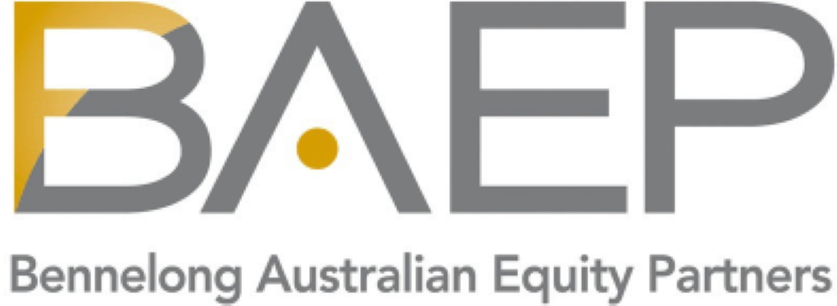
- QUAL (VanEck MSCI International Quality ETF) – This is a large-cap, quality company-focused ETF. It is international but currently has around 75% invested in the US. The index tracks companies based on three fundamental factors: high return on equity; stable earnings growth and low debt/financial leverage. It’s like getting some active management with an ETF cost.
Could you tell me about your worst investment? How did you deal with this falling position or fund?
About a decade ago when I was a stockpicker for my personal portfolio, there was a manufacturing business that I invested in that performed poorly – the business didn’t do well and the share price reflected that. I ended up cutting my losses but after longer than I should have, with about a 40% loss.
I learned to cut your losses early if the business outlook isn’t what you expected or the turnaround doesn’t happen, rather than hold onto duds.
It is actually better to do this and add more to your top-performing positions because as they continue to do well, you will end up with greater returns than waiting for your dud position to recover.
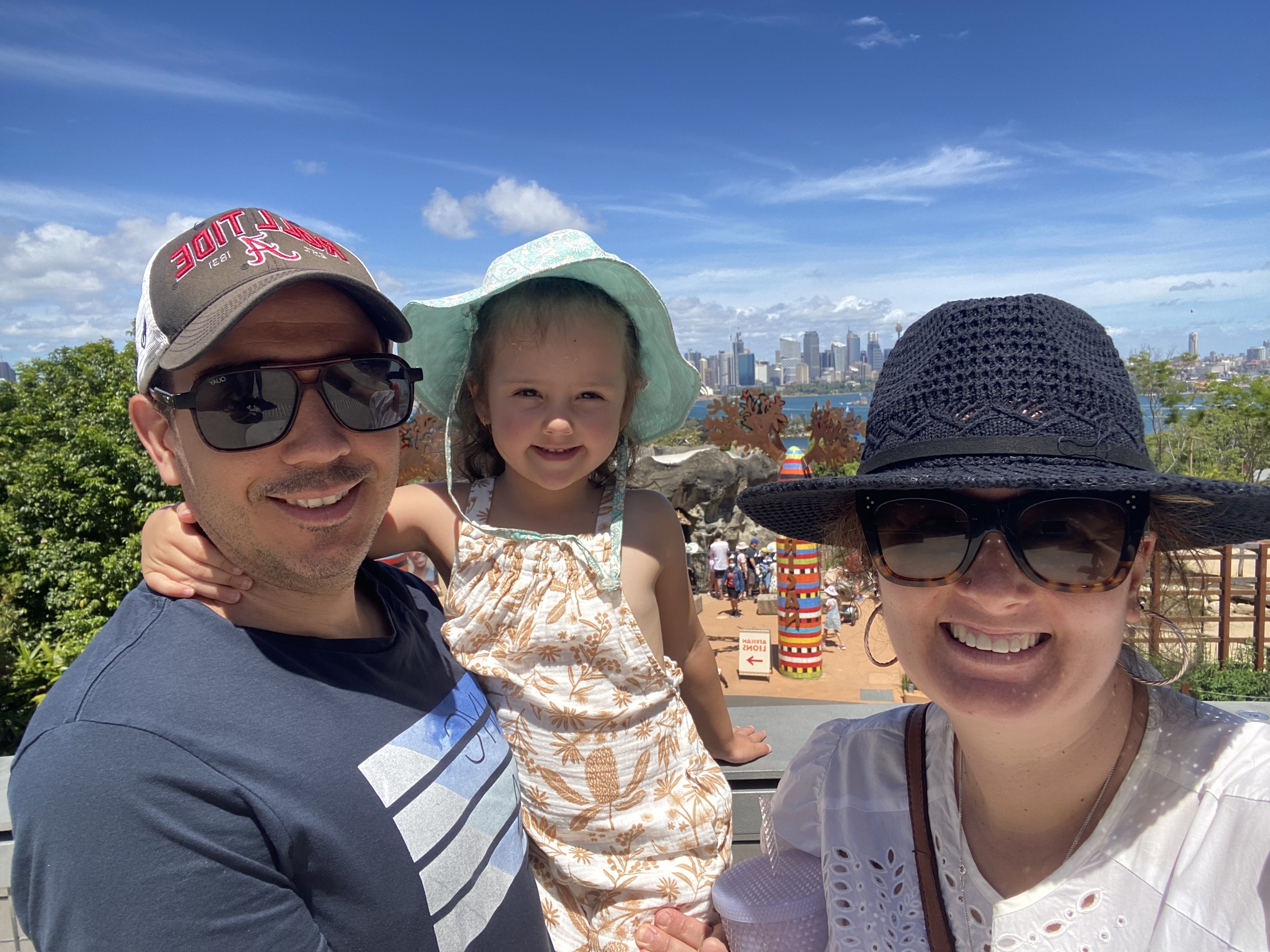
What conversations are you most frequently having right now with clients? And what is your answer to these questions?
Because we mainly work with younger people, the questions and conversations are around ‘Should I buy into the market now?’ and ‘What should I invest in?’.
Firstly, I advise that they keep up their regular investment plans and buy while we are experiencing this volatility. Second, build up some cash to invest if/when there is a crash. This can come from further savings or even borrowing (as long as it's done sensibly).
It’s hard to time the market but you can have indicators of when to plow in. For example, at a 30% market crash, you could invest a certain percentage of the cash available, and again at 40%. At 50%, it's time to go all-in! Remember that even at a 40% index crash, there will be great companies that may drop even further during these periods.
What are the most common mistakes you see in the portfolios that you inherit and how do you go about fixing them?
The number one issue by far is selling when markets drop and buying again when people are confident that they have recovered. I believe more money is lost by doing this than any other mistake.
It’s hard holding on through extreme volatility, and even harder when you are a stock picker because you have to assess your underlying ability and whether your portfolio holds up as well.
I find that having someone to guide you through these periods is enough to stop the panic selling. There are times when certain investments need to be sold due to fundamentals. However, having someone to talk to and guide these decisions means you don’t have to go it alone and make these mistakes.
We also like the approach of building the bulk of the portfolio using ETFs and Managed Funds and holding during down times, with people able to select their own individual stocks outside of the core portfolio to help alleviate this issue as well.
If you could change one thing about the industry so that it can better serve Australians, what would that be?
If I could only change one thing, it would be to replace the current Statement of Advice requirement with something less burdensome. This would reduce the time, cost and complexity of producing a 60+ page document to one that might only need to be 5-10 pages.
The current format is a compliance tool to make sure all disclosures are made. I think with higher education standards, which require the level of research and diligence that we complete whenever we recommend anything, we can make advice simple, accessible and affordable for more people.
Can you share a personal passion or ambition you have for your future?
Building our business to help more families get financial advice and guidance is the overarching ambition right now, while also having a great relationship with our daughter and great home life.
I’ve never liked the idea that you need to sacrifice your family life to be successful in business or your career, so I am actively working on ways to do both. That is one of the reasons we have recently moved across the country, and have designed Finnacle to be location independent.
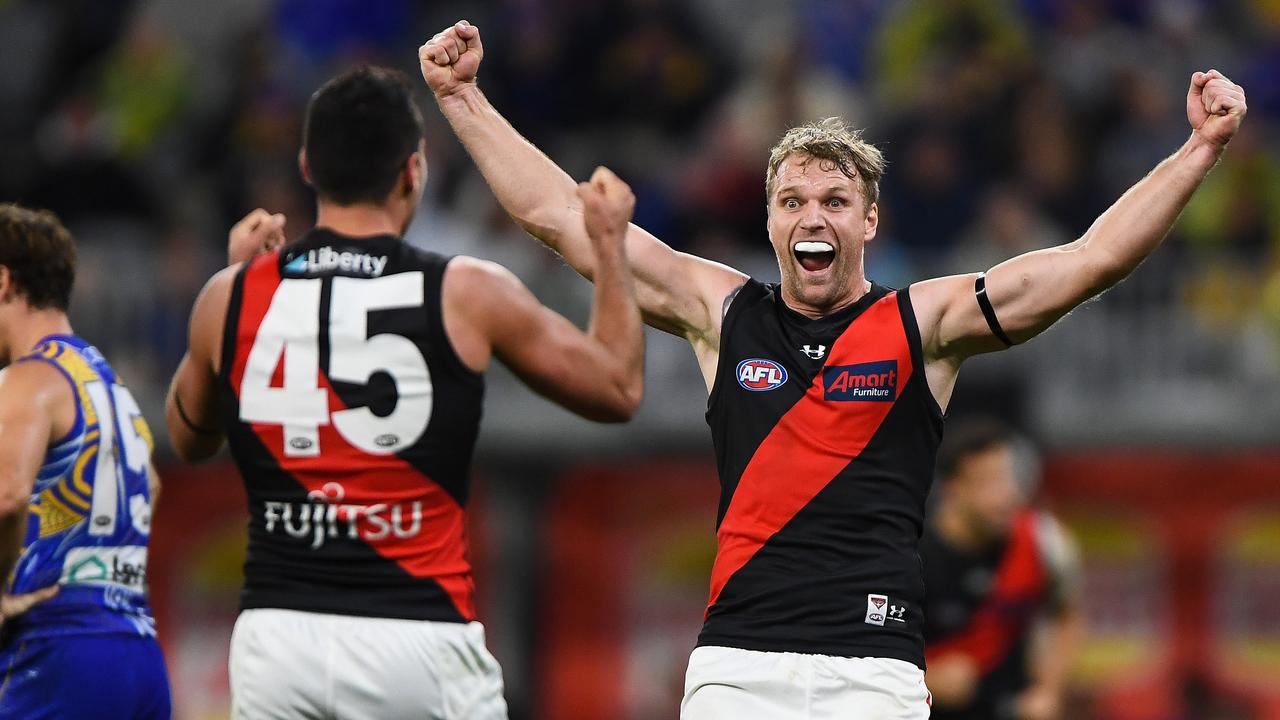
Outside of this, I’m an AFL fan and a big supporter of the Bombers. There hasn’t been a lot to cheer about recently, but I watch every game and get to as many as I can when they play interstate or if I am in Melbourne.
Are you enjoying Livewire's new Meet the Adviser series?
If you enjoyed hearing about Daniel's investing journey, please give this wire a 'like', and if you know someone who might enjoy the article, why not send them the link.
You may enjoy reading more of our Meet the Adviser and Meet the Investor interviews.
We are looking forward to hearing from more financial advisers in 2022. If you are interested in being profiled in our Meet the Adviser series, contact us using the email address below:
content@livewiremarkets.com
4 topics
8 stocks mentioned
5 funds mentioned

